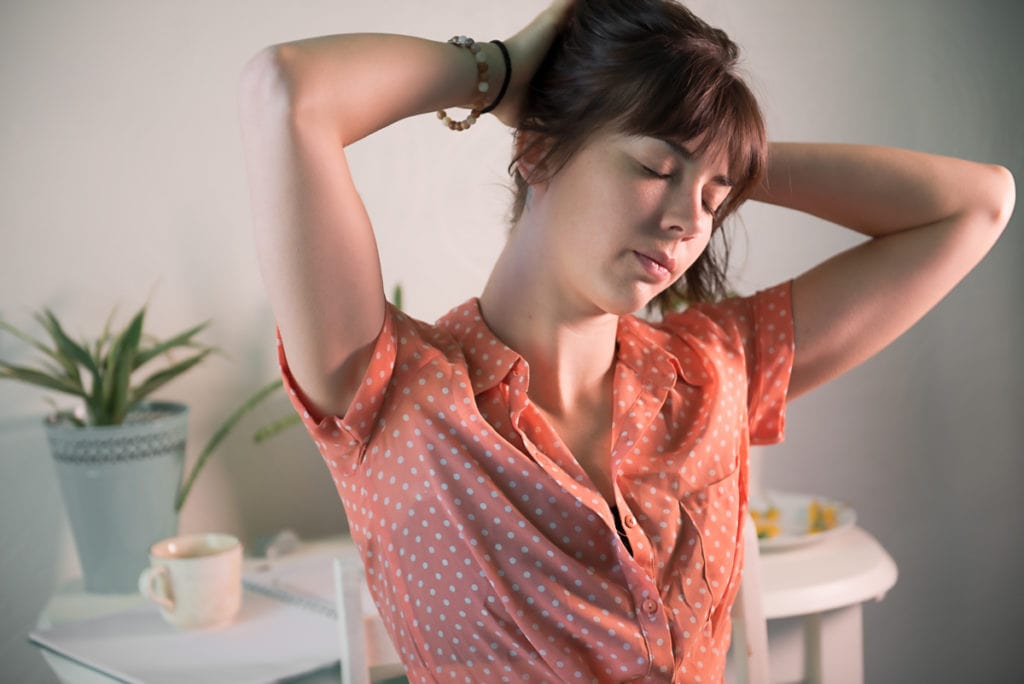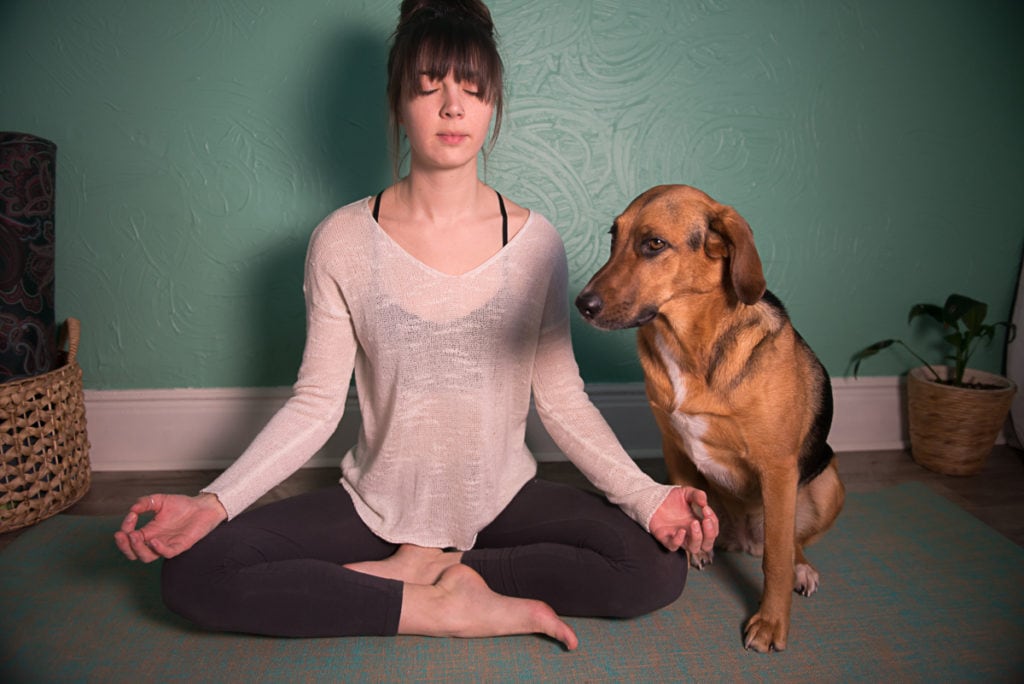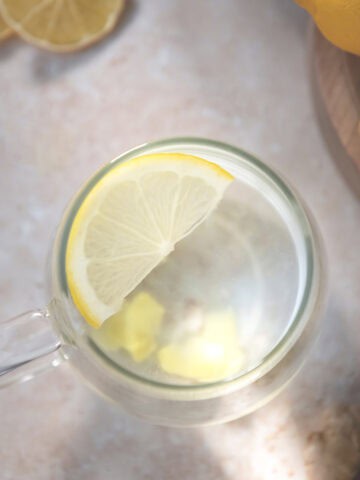*The contents of this article are human-created.*
This post may contain affiliate links. Please see our full disclosure for details.
Anxiety affects us all. Whether your anxiety is something you live with every day, feel it here and there, or have obvious triggers, it's something we all experience.

Anxiety Affects Us All
As an anxious person myself, I used to think some people must never feel that pang of anxiety as severe as I always have. But, over the years, I've come to realize that anxiety affects everybody differently. It looks different in everybody, and everybody's triggers are unique to them. Some, like me, are most anxious in social situations, while others may find anxiety creeping up on them when they have to drive or fly. Some fear losing loved ones, heights, speaking in public or travelling.
We all have things that scare the bejeebers out of us, worry us and put us into that fear state of mind. It's impossible to avoid completely. It's a part of life and in some cases, keeps us out of harm's way. But, for the most part, our fears, worries and anxieties come from our unchecked minds taking the rein or an imbalanced gut/brain chemistry.
My Battle with Anxiety
Growing up, I had such severe social anxiety that I would get physically ill just thinking about everyday things like school. I was even prescribed SSRIs (a type of anti-depressant) at the young age of 12. Which I now know, was a dangerous call for my doctor to make. It could have actually exasperated my anxiety and depression, causing suicidal thoughts in my undeveloped brain. Luckily, one dose was enough for me to know that it wasn't for me. So, I decided to manage my anxiety naturally from then on.
Making Lifestyle Changes
Finally, in high school, I was introduced to yoga. This was a life-changer for me. Yoga has helped me immensely in managing my anxiety. It's not that I don't feel it anymore, I sure as heck do! But, yoga taught me about breathwork, mindfulness and how much movement can help.
Stress can wreak a lot of havoc on our bodies, even good stress! So, it's important for everyone to have some relaxation tools under their belt.
Stimulants, like sugar and caffeine, cause the body to release cortisol (the stress hormone). So, avoiding or limiting these can be a huge contributor to reducing anxiety. Anyway, more on that below. Let's get to the tips!

FIVE WAYS TO REDUCE AND MANAGE ANXIETY NATURALLY
1. Use your breath
Breath is our most powerful and accessible tool for reducing anxiety. Deep rhythmic breathing sends messages to the brain that everything is fine, activating the parasympathetic nervous system (our rest and digest response). Many breathwork practices are very effective at calming the mind and body. Simply just breathing deeply triggers the parasympathetic nervous system. However, some practices such as alternate nostril breathing have an even more profound effect by directly balancing both hemispheres of the brain.
2. Reduce or avoid refined sugar
Refined sugars are quickly metabolized, which causes a spike in blood sugar. The effects of a blood sugar spike can exacerbate anxiety. An excess of sugar also has a negative impact on gut health, and as we are now finding out, the gut is directly linked to the brain. It's been found that many people who struggle with anxiety have lower levels of certain strains of beneficial bacteria.
3. Get out in Nature
We are naturally wired to be enthralled by nature. Being directly in nature and even looking at pictures of nature has a calming effect on the mind and body. Studies have even shown it helps to reduce pain! Nature promotes pleasant feelings while reducing anger, tension, stress and, of course, anxiety.
4. Stay Active
Exercise and physical activity release endorphins, which are hormones secreted by the brain and nervous system. These hormones help the body deal with stress and pain, acting as natural painkillers and reducing anxiety while promoting positive feelings (much like nature).
5. Practice Mindfulness Techniques
Yoga and meditation are two of the best ways to cultivate a mindfulness practice. When we become the observer of our thoughts, they no longer hold power over us. When we watch our thoughts and become aware of our thinking patterns, we can see what triggers certain feelings like fear and anxiety, and then we can then work to release the patterns that are no longer serving us. Having a mindfulness practice is also beneficial when we need to navigate ourselves out of a panic attack or a bout of anxiety. Again, by observing our thoughts, we can choose not to attach to the ones that perpetuate fear and anxiety, focusing on thoughts that bring a sense of calm and ease.

There you have it, Five practices to naturally reduce and manage anxiety. And remember, you can be the calm amidst the storm, navigating your way mindfully through anything life throws at you!





Rate this Recipe & Share How it Turned Out!